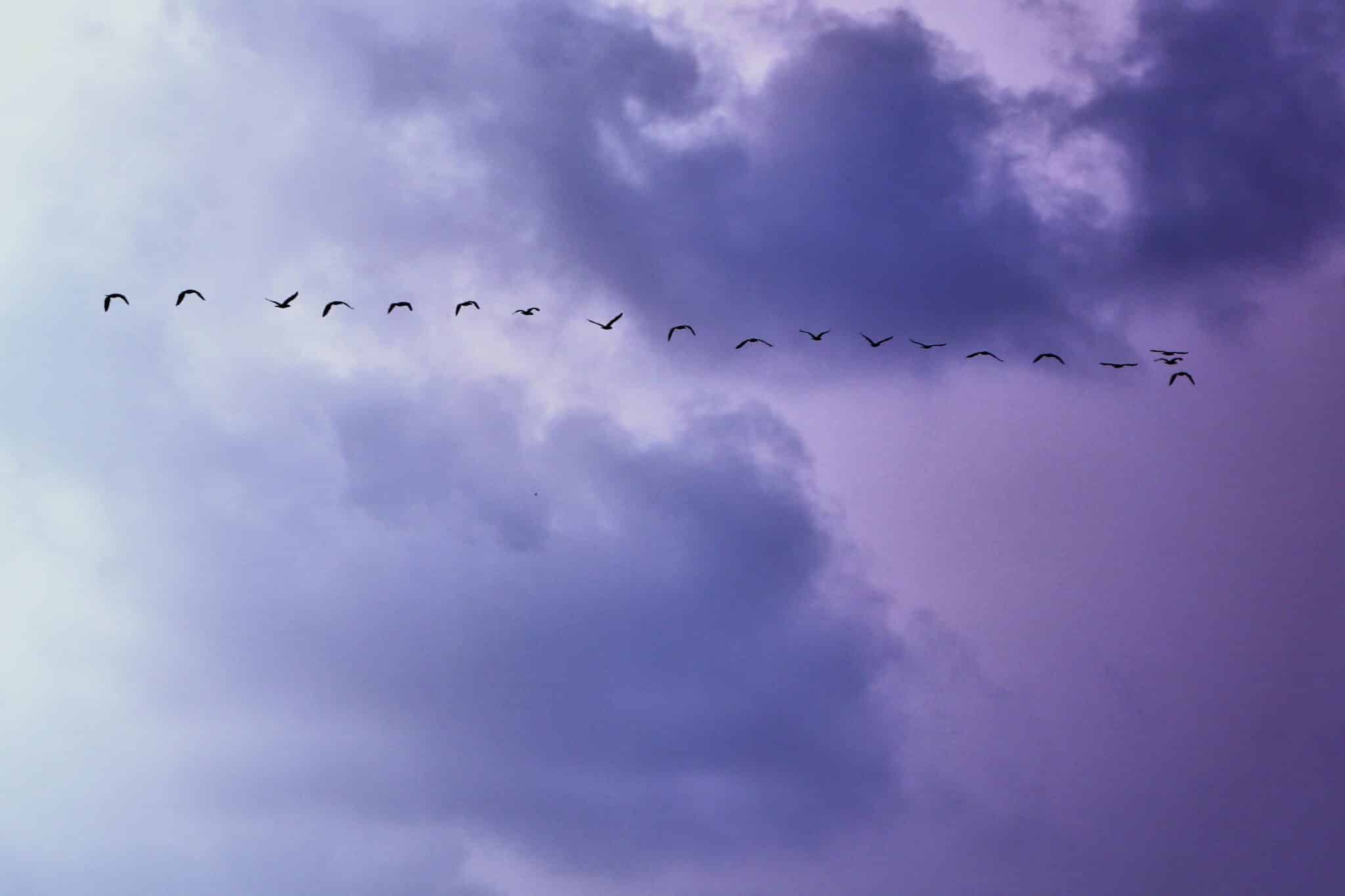“Three or four thousand years ago the gods began a migration from the lakes, forests, rivers, and mountains into the sky, becoming the imperial overlords of nature rather than its essence.”
— Charles Eisenstein, Sacred Economics
Something about this paragraph really appeals to me. It feels like a beautiful, melancholic representation of a shift in human thinking — from earth-based, animistic belief systems (paganism comes to mind, at least in the European context) to distant, hierarchical, monotheistic religions. A loss of the sacred.
There’s a tragic quality to this shift: a sense of something sacred leaving. It stirs a kind of longing — to return to a time when we recognised and celebrated the abundance of the natural world. But what softens the sadness is the word migration. Migration is cyclical. It carries the suggestion that the gods — or what they represent — might return. Perhaps this is all part of a necessary process. A detour that helps us deepen our understanding of ourselves and the sacred.
It also speaks to what feels like a “wrong turn” in our thinking. I don’t mean that simplistically — clearly, this turn brought with it science, structure, systems, and the engines of development. But development for what purpose? More people have smartphones. We have beautifully designed cars. But are we happier?
We’ve separated ourselves from nature — dislocated the divine from the Earth. Compare the berry pickers of 3000 BCE, waiting patiently for the right conditions to yield ripe, nourishing fruit. Imagine how good that first berry would taste — sweet, juicy, quietly sacred. Now compare that to the modern man, absentmindedly picking artificially flavoured sweets from a brightly coloured plastic bag, not even tasting them, eyes locked on a glowing screen.
It’s a crude comparison, yes — but maybe that’s the point. One version of life honours the slowness of seasons. The other scrolls past it.
We chose mastery instead of harmony. And it’s come at a cost: disconnection, environmental damage, and a kind of egotistical greed. The new religion is economic growth. And even though most of us know — deep down — that a finite world can’t support infinite consumption, questioning that truth feels radical, even laughable.
But maybe this migration can be reversed. Maybe, if we learn to see the sacred here on Earth again — if we step out of our automated, dependent attitudes towards life — we can start building an alternative. A gentle rebellion against the systems we live under. A reconnection with the things we’ve lost.
Whether you consider yourself spiritual or not, religious or not — it doesn’t matter. We all have the capacity to see and feel the the sacred around us. The gifts. The abundance. The things we forgot to notice.
I’ve felt this disconnection my entire life. But now, as I begin a new chapter — with a partner, a home, and a child on the way — I feel the pull to remember. To rebel, gently.


Comments
One response to “The Loss of the Sacred”
Hi, this is a comment.
To get started with moderating, editing, and deleting comments, please visit the Comments screen in the dashboard.
Commenter avatars come from Gravatar.